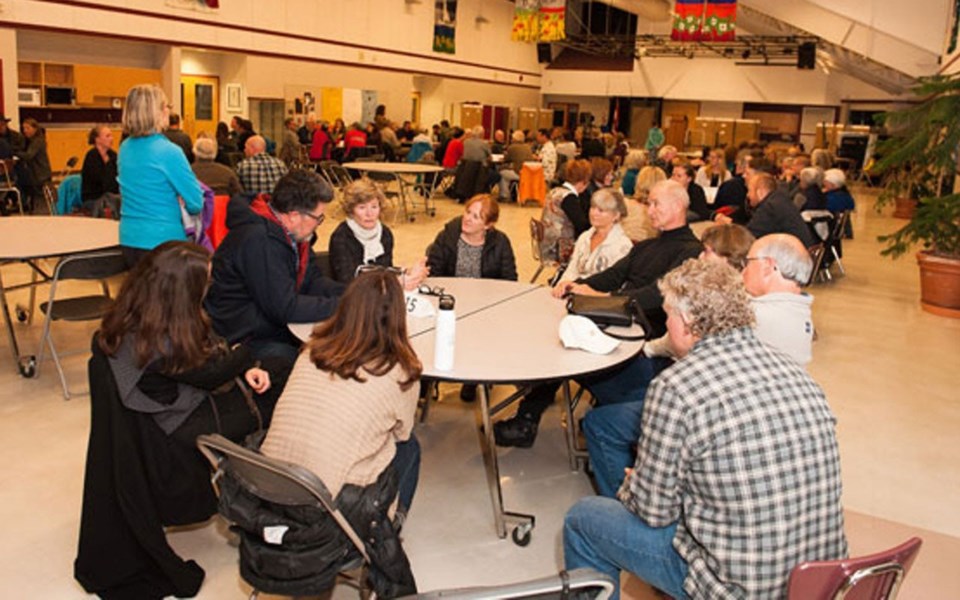There a multitude of factors that make Whistler distinct from pretty much any other community in Canada.
There are, of course, the stunning mountainscapes and unrivalled terrain that have been mentioned ad nauseam since Franz Wilhelmsen first laid out his grand vision for what would eventually become a world-class ski mecca.
But, for my money, what makes Whistler truly unique are the people who call this place home. Given that the vast majority of Whistlerites have had to make considerable sacrifice to live here, be it financial, professional, or personal, it's fair to say that the love and passion residents feel for Tiny Town is virtually unparalleled.
As a journalist, I can also tell you that, for the most part, that passion makes Whistler a news reporter's paradise. We have a fairly engaged citizenry, a robust discourse on the issues that matter, and ample advertising dollars to fund ambitious journalism that other community newspapers of comparable size don't often get the chance to do.
But, like most things, there's a downside to the ardour. It's reflected in a cycle that we see repeat itself with pretty much any decision in this town that could be thought of bordering on the controversial. I'll use this summer's decision to implement pay parking in the day lots as a prime example: As the news spread, scores of online commenters and worried locals collectively freaked out at a decision they felt was slipped under their noses. This, despite the fact that the proposal had been written about in these pages and elsewhere for months prior. Look, I'm not suggesting that the average resident be up to speed on every intricacy of every proposal that comes down the municipal pipeline — we all have busy lives, and reading a 400-page council package every second week is not exactly the most riveting way to spend one's time (trust me). I'm also not debating the merit of council's decision making here — that's a discussion for another day. All I'm saying is that if some Whistlerites were as quick to educate themselves on the issues as they were to point fingers, we could get down to actual meaningful, productive dialogue on the many challenges facing our community that much quicker instead of implying some sort of vast conspiracy theory between the resort powers that be.
Public discourse has never been much for nuance, especially so in today's digital age. It's not enough anymore to concede an issue is never as black and white as the Twitterati and Facebook crowd would like it to be, or admit that hey, maybe we don't have all the answers. The real-time reactionism of social media demands an instant opinion, which often leaves little room for shades of grey. This was evidenced in Whistler's recent byelection campaign that also doubled as a yardstick for where the community is at in this undoubtedly transformative time. The fact that we had seven candidates vying for a one-year seat at the council table is all the proof you need that the resort is at a crucial tipping point. But it became clear early in the campaign that many of the council hopefuls were fuelled more by emotion than rationale, and local government requires a healthy dose of both to be effective.
I'm not saying the emotion that fuels much of the indignation spreading across the community right now is misplaced. Matters of housing, livability and affordability are inextricably linked to the physical, mental and financial well being of our residents and future leaders, who have every right to voice their very real concern over the direction of this town.
But passion alone isn't enough. It can serve as the spark that lights the fire of meaningful progress, but it needs to be coupled with a baseline understanding of the issues if we want to keep the blaze burning.




